Addiction and Relationships
Drug addiction does not only damage the health of the person using drugs or alcohol — it can also have a devastating impact on family, friends, and partners. Loved ones often carry emotional wounds and scars from broken promises, harsh words, or long periods of stress, fear, and anxiety. Many feel that their relationships have changed, become strained, or even irreparably damaged by addiction.
Addiction recovery is about more than sobriety. As a person works toward getting sober, it’s equally important to focus on regaining emotional and mental health. True recovery also means learning how to rebuild relationships affected by drug addiction.
At Liberty House Recovery Center in Michigan, we help you rebuild those relationships as you focus on healing yourself. With compassion, accountability, and patience, our team supports you every step of the way. These relationships won’t mend overnight, but with honesty and time, broken bonds can be restored.
Importance of Relationships in Addiction Recovery
Addiction often drives people apart, creating secrecy, shame, and isolation while replacing genuine connection with emotional distance. Repairing those relationships is an essential part of the recovery process.
Healthy relationships provide connection, support, and accountability — the foundation needed to stay grounded in recovery. Rebuilding these bonds also reminds you that you are not alone and that people still believe in your ability to change.
Healing relationships doesn’t mean recreating the past; it means building new, stronger ones based on honesty, respect, and understanding.
Step One: Acknowledge the Damage Done
The first step in mending a relationship is admitting that you’ve hurt someone. This isn’t about guilt or self-pity — it’s about taking responsibility for your actions. Addiction causes missed moments, broken promises, and harsh words said out of anger or pain.
Acknowledging the hurt you’ve caused is difficult but necessary. It shows accountability, growth, and a willingness to make things right.
Step Two: Practice Patience
Patience is essential when mending relationships. Just as recovery takes time, so does rebuilding trust. Loved ones may still be working through their own pain, anger, or resentment. Don’t rush their healing — show consistency through your actions.
With time, your efforts will begin to speak louder than words. Little by little, patience and honesty will show that your sobriety and commitment are real.
Step Three: Communication
Effective communication is the foundation of every healthy relationship. In recovery, learning to communicate with openness and empathy is key.
Be honest about your progress and struggles, but also listen. Your loved ones may need to express anger or sadness — let them. Stay calm, be present, and avoid defensiveness. Sometimes communication is more about listening and understanding than talking.
Step Four: Make Amends
Making amends goes beyond saying “I’m sorry.” It’s about taking action to repair the harm caused by addiction. This could mean repaying debts, rebuilding safety at home, or restoring trust through consistency.
Sincerity matters more than perfection. Continue to show your commitment to change through your behavior — that’s how healing begins.
Step Five: Set Healthy Boundaries
Healthy relationships require healthy boundaries. Boundaries protect both you and your loved ones, helping to create safety and respect.
Boundaries might include avoiding certain environments, limiting contact during emotional conflicts, or defining what kind of support is appropriate. Boundaries aren’t about pushing people away — they’re about protecting progress and fostering mutual respect.
Step Six: Get Professional Support
You don’t have to rebuild relationships alone. Family therapy, individual counseling, or group programs can make a major difference.
At Liberty House Recovery Center, we offer family-focused recovery support to help everyone heal together. Family sessions provide a neutral space for open communication, rebuilding trust, and learning healthy coping tools. Healing as a family strengthens the foundation for long-term sobriety.
Maintaining Relationships After Addiction Treatment
Recovery doesn’t end when treatment does — it’s a lifelong journey. Maintaining close connections, continuing therapy, and practicing open communication help relationships grow even after rehab.
Family check-ins and group meetings reinforce accountability and remind everyone that recovery is a shared process. Showing up for one another, even during tough times, builds trust and lasting stability.
Liberty House Recovery Center
Repairing broken relationships after addiction is challenging but deeply rewarding. Every repaired bond proves that change is possible. Each act of honesty, patience, and forgiveness strengthens your recovery.
If you’re ready to heal yourself and your relationships, Liberty House Recovery Center in Michigan is here to help. Our compassionate team understands how addiction can tear families apart — and how recovery can bring them back together.
Contact Liberty House Recovery Center today to learn more about our evidence-based addiction treatment and family recovery programs. Healing takes time, but with the right support, it’s absolutely possible.


